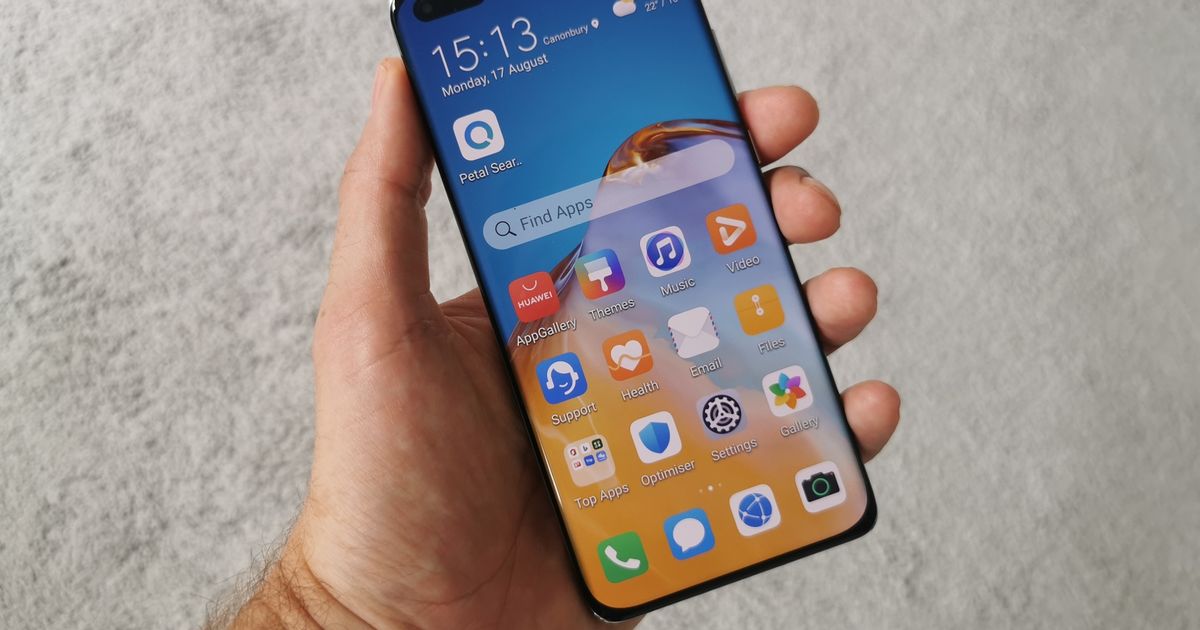People are being urged to throw away their Chinese smartphones—including Huawei and Xiaomi handsets—or risk censorship and spying.
The Lithuanian government has told its citizens to get rid of Chinese smartphones as “fast as reasonably possible” after discovering some worrying secret features that could be feeding data back to China.
The National Cyber Security Centre of Lithuania claims that it has tested 5G phones from several Chinese manufacturers and found features that could put users at risk for viruses or even censorship.
“Our recommendation is to not buy new Chinese phones, and to get rid of those already purchased as fast as possible,” Margiris Abukevicius, Defence Deputy Minister.
(Image: Bloomberg via Getty Images)
The report found a flaw in Huawei’s flagship P40 5G smartphone, in which the official Huawei app store, AppGallery, is directing users to third party app stores that include downloads with viruses and spyware.
This puts users at major cybersecurity risk according to Lithuania. However, Huawei denied the issue, saying that it adheres to the rules in all countries it operates.
“Data is never processed outside the Huawei device,” A spokesman for Huawei said.
“AppGallery only collects and processes the data necessary to allow its customers to search, install, and manage third-party apps, in the same way as other app stores.” He said that Huawei conducts security checks on downloaded files to ensure their safety.
(Image: via REUTERS)
More concerningly, the Lithuanian team tested a number of phones from Chinese manufacturer Xiaomi.
The software in the flagship Mi 10T 5G phone can detect and censor 449 terms that are considered anti-government in China.
Although this capability isn’t active in Europe, it can be activated remotely at any time. The phone was also transferring encrypted data to a Singapore-based server, according to the researchers.
Xiaomi denied the claims amid booming popularity of its affordable smartphones.
A spokeswoman said that “Xiaomi’s devices do not censor communications to or from its users. Xiaomi has never and will never restrict or block any personal behaviours of our smartphone users, such as searching, calling, web browsing, or the use of third-party communication software.”
The row follows rising tensions between Lithuania and China after Taiwan announced plans to open an embassy in the Lithuanian capital of Vilnius.

